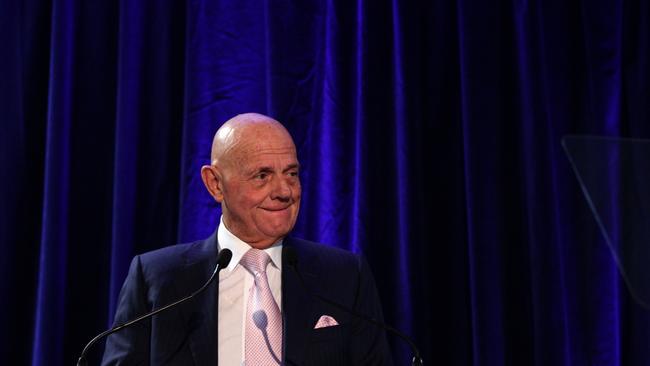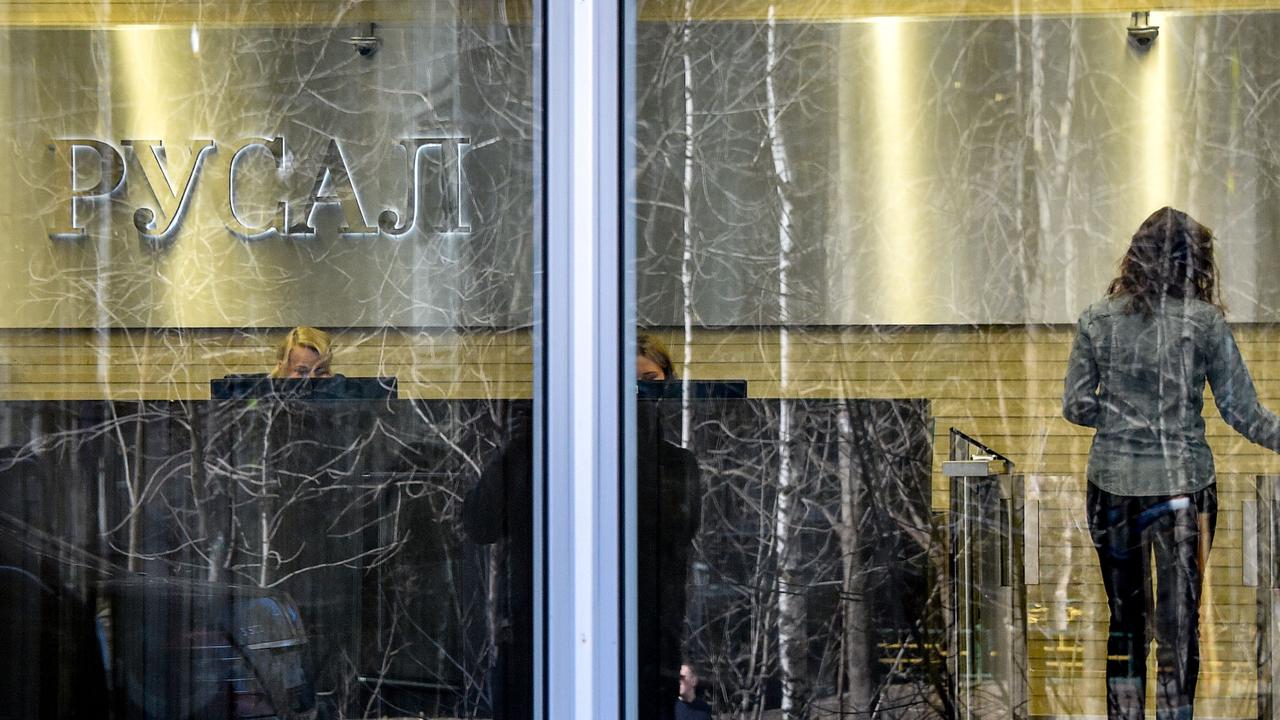Prepare for trench warfare as Solomon Lew gets stuck into Myer
As Solomon Lew gets set to slug it out with Myer, there is real chance he could win effective control without a bid.

Given the private sabre-rattling and public criticisms of Myer and its strategies that had emanated from the Lew camp, the formal announcement that Lew’s Premier Investments will vote its 10.8 per cent Myer shareholding against the three directors facing re-election, including incoming chairman Garry Hounsell, on 24 November wasn’t unexpected.
What Premier did do was, for the first time, to disclose the demands it has made of Myer.
While it said it had “no current intention” of making a takeover offer for Myer, Premier revealed that, at a meeting between Hounsell and Lew on October 6, it sought the appointment of two of its independent directors to the Myer board as well as the appointment of a third non-Premier independent director.
That request, it said, was taken to the Myer board by Hounsell but rejected.
It’s an awkward issue for Myer. While it would probably prefer to have Lew — with his vast experience in all aspects of retailing — onside, Premier’s stake ultimately is only 10.8 per cent.
With the departures of incumbent chairman Paul McClintock and non-executive director Anne Brennan at the annual meeting, acceding to Premier’s request would give it influence out of proportion to its shareholding.
Moreover, Premier and Lew’s private companies are both competitors and suppliers to Myer. Indeed, between them they are said to be Myer’s biggest single supplier.
That creates the kind of tangled web of conflicts of interest and governance complexities that, as the controversies that raged towards the end of Lew’s long relationship with the old Coles Myer illustrated, has the potential to completely destabilise a board and company.
With Premier reserving the right to call an extraordinary general meeting “in the short term” to allow shareholders to vote on its nominees to the Myer board, however, Myer’s decision to try to keep Premier at arms-length appears likely to only escalate hostilities.
Lew’s history at Coles Myer and his 17-year feud with South Africa’s Woolworths at Country Road (from which he walked away with a near $200 million profit) says strongly that he won’t walk away from a confrontation and that he is prepared to settle in for a very long and very bitter fight if necessary. The incumbents are in for a most uncomfortable experience.
Premier has been trying to pressure Myer into providing an earlier-than-scheduled update on its first-quarter sales and profits, pressure Myer has adamantly resisted. Clearly Premier believes that disclosure ahead of the AGM rather than (as is its tradition) at the meeting itself will help its cause.
Apart from the intelligence on Myer’s performance that Premier and Lew can glean from their own roles as suppliers, they have their own direct insights into retail conditions through their own retail businesses.
They would know conditions for discretionary retailers are torrid — Premier’s own apparel brands, other than Peter Alexander, have been under pressure — and that, two years after it launched its “New Myer” strategy, Myer has been struggling to generate the performance it said the strategy would deliver. In fact it has significantly undershot the metrics it outlined at the launch.
Premier obviously believes that an early release of the first-quarter trading update would give it more ammunition to fire at the board and convince more shareholders that its own expertise is required to stabilise Myer before its performance — and share price — deteriorate further.
Myer does have a strategy day coming up on November 1, which is now looming as quite a critical moment for the board and management.
While there may not be a trading update, chief executive Richard Umbers will need to convince analysts and fund managers and Myer shareholders that, while the group might have fallen behind the benchmarks it initially set, the key elements of “New Myer’’ are having a positive impact in difficult retail conditions and that finetuning rather than a wholesale abandonment of the strategy is all that is required.
The new model involved a shift in mix of Myer’s exclusive brands and concession sales, a cessation of the traditional practice of buying for markdowns in the big sales periods and a significant reduction in the group’s network of stores and in selling space.
It also involved differentiating the Myer offer for the demographics of its different catchment areas, which is quite a complex logistic exercise and a major departure from the traditional retail strategy of making a uniform offer through all retail outlets to maximise operational efficiency and leverage.
Premier has been arguing that the strategy has completely failed. The Myer incumbents can’t accept that or the existing board and senior management would be out the door. They’d have to resign. That explains why Hounsell has publicly backed the strategy while acknowledging that there may be “tweaks” to it.
If Umbers is unable to convince the market that, albeit with some refinement, the strategy will eventually deliver some top line and bottom line growth, the appeal of the Lew alternative to Myer shareholders will only increase and the threat that Lew might get effective control of Myer without a bid — with a 10.8 per cent shareholding — would become quite real.




Solomon Lew has formally declared war on the Myer board and ensured some level of confrontation and tension at this year’s annual meeting.